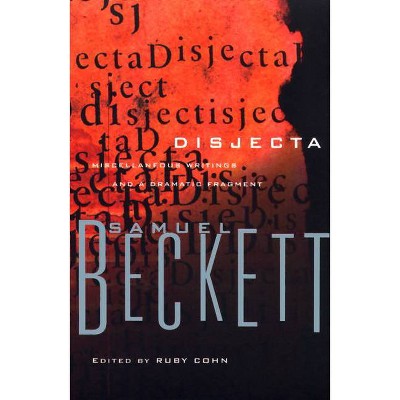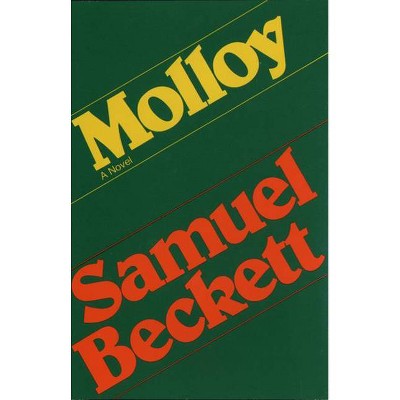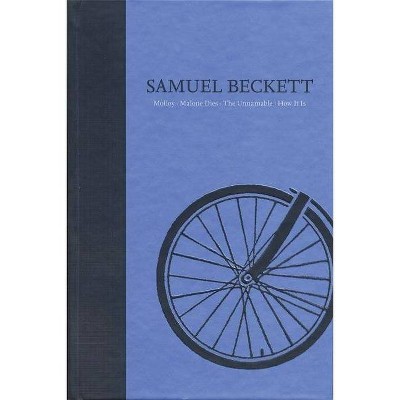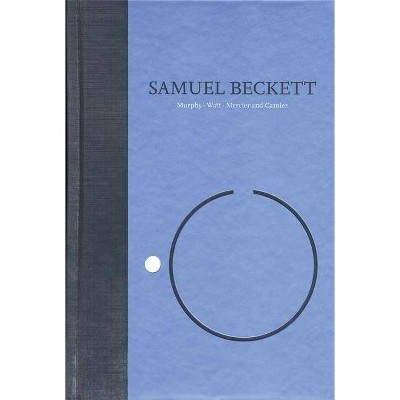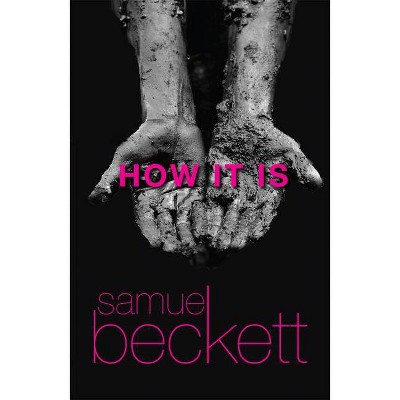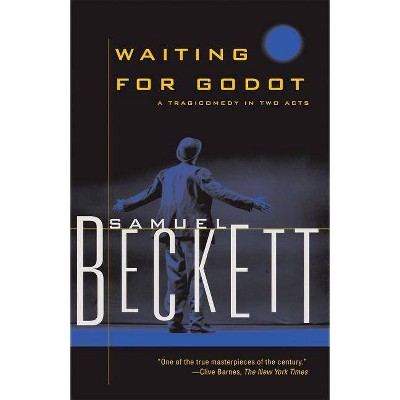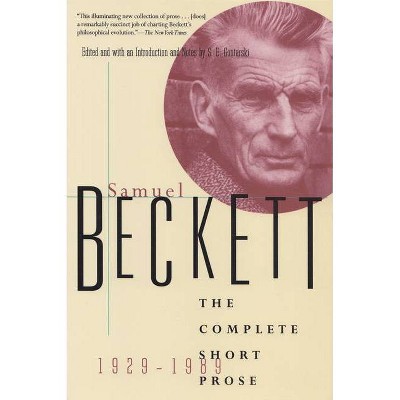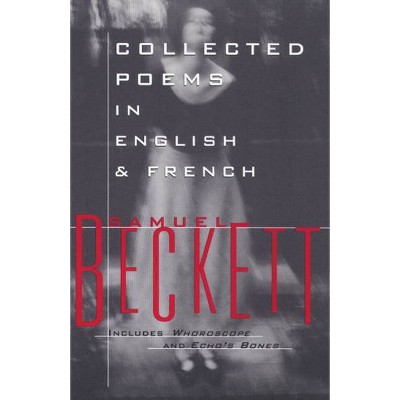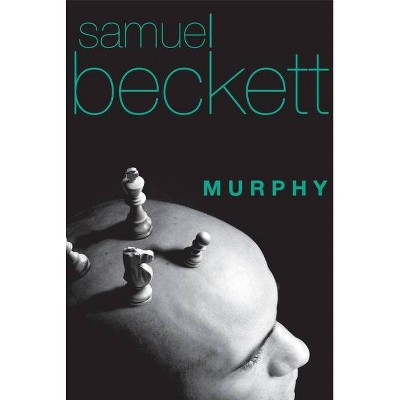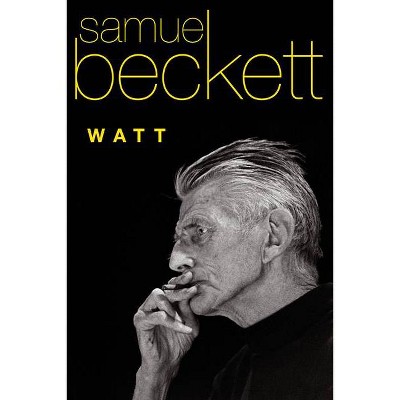Three Novels - by Samuel Beckett (Paperback)
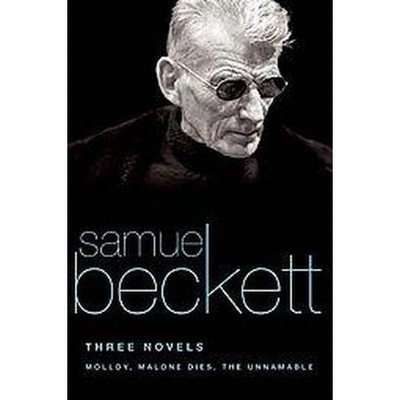
Similar Products
Products of same category from the store
AllProduct info
<p/><br></br><p><b> About the Book </b></p></br></br>Few works of contemporary literature are so universally acclaimed as central to our understanding of the human experience as Nobel Prize winner Samuel Beckett's famous trilogy. "Molloy," the first of these masterpieces, appeared in French in 1951. It was followed seven months later by "Malone Dies" and two years later by "The Unnamable." All three have been rendered into English by the author.<p/><br></br><p><b> Book Synopsis </b></p></br></br>Few works of contemporary literature are so universally acclaimed as central to our understanding of the human experience as Nobel Prize winner Samuel Beckett's famous trilogy. <i>Molloy</i>, the first of these masterpieces, appeared in French in 1951. It was followed seven months later by <i>Malone Dies</i> and two years later by <i>The Unnamable</i>. All three have been rendered into English by the author.<p/><br></br><p><b> Review Quotes </b></p></br></br><br>"Beckett is one of the most positive writers alive. Behind all his mournful blasphemies against man there is real love. And he is genuine: every sentence is written as if it had been lived."<BR>--"The New York Times Book Review" <BR>"[Beckett] possesses fierce intellectual honesty, and his prose has a bare, involuted rhythm that is almost hypnotic."<BR>--"Time" <BR>"Samuel Beckett is sui generis...He has given a voice to the decrepit and maimed and inarticulate, men and women at the end of their tether, past pose or pretense, past claim of meaningful existence. He seems to say that only there and then, as metabolism lowers, amid God's paucity, not his plenty, can the core of the human condition be approached...Yet his musical cadences, his wrought and precise sentences, cannot help but stave off the void...Like salamanders we survive in his fire."<BR>--Richard Ellmann <BR>"[Beckett] is an incomparable spellbinder...a serious writer with something serious to say about the human condition."<BR>--"The New York Times"<br><br>"More powerful and important than Godot... Mr. Beckett seeks to empty the novel of its usual recognizable objects -- plot, situation, characters -- and yet to keep the reader interested and moved. <BR>Beckett is one of the most positive writers alive. Behind all his mournful blasphemies against man there is real love. And he is genuine: every sentence is written as if it had been lived." <BR>-- New York Times Book Review <BR>"[Beckett] possesses fierce intellectual honesty, and his prose has a bare, involuted rhythm that is almost hypnotic." <BR>-- Time <BR>"Samuel Beckett is sui generis...He has given a voice to the decrepit and maimed and inarticulate, men and women at the end of their tether, past pose or pretense, past claim of meaningful existence. He seems to say that only there and then, as metabolism lowers, amid God's paucity, not his plenty, can the core of the human condition be approached...Yet his musical cadences, his wrought and precise sentences, cannot help but stave off the void...Like salamanders we survive in his fire." <BR>-- Richard Ellmann <BR>"[Beckett] is an incomparable spellbinder...a serious writer with something serious to say about the human condition." <BR>-- New York Times<br>
Price History
Price Archive shows prices from various stores, lets you see history and find the cheapest. There is no actual sale on the website. For all support, inquiry and suggestion messagescommunication@pricearchive.us
